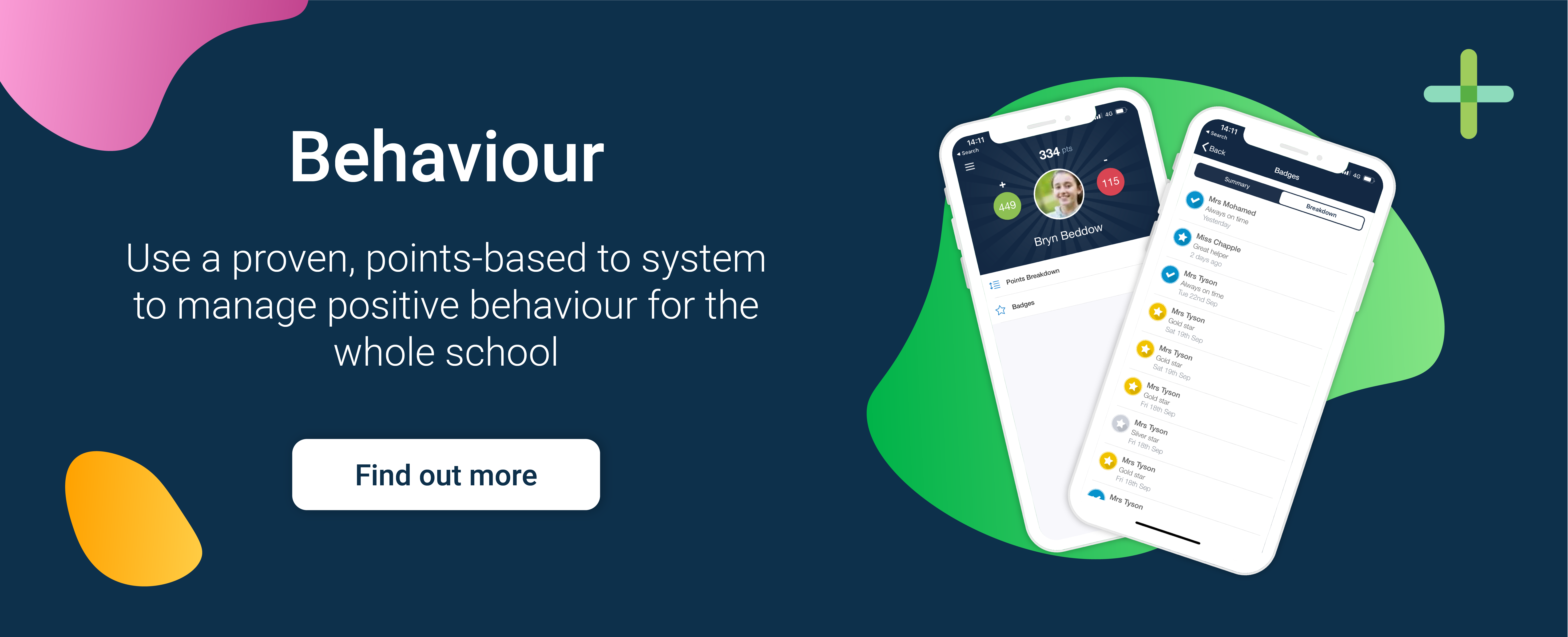Author: Samantha Jade Parker
Posted: 15 Jul 2021
Estimated time to read: 3 mins
Samantha Jade Parker is a Board Certified Behaviour Analyst (BCBA) working in mainstream secondary in the UK and as a private behaviour consultant for Achieve Behaviour Consultancy. She is registered with the UK-SBA (UK Society for Behaviour Analysis).
Samantha is registered with the UK-SBA (UK Society for Behaviour Analysis) and is trained in Acceptance and Commitment Therapy (ACT). In addition to this, she has experience working in education including mainstream, special educational needs and pupil referral units and has worked with young people and adults with learning difficulties as social, emotional and mental health difficulties.
In this blog post, Samantha will describe the basics of Positive Behaviour Support (PBS), and how behaviour analysts can implement PBS within educational settings to improve behaviour.

Within PBS, there are four types of behaviour strategies. These strategies are personalised to the individual after in-depth behavioural assessment by a qualified behaviour specialist (a BCBA).
Proactive:
These strategies seek to teach students skills, also known as replacement behaviours, to increase their quality of life. Such skills include communication skills, emotional regulation and life skills.
It is so important that the skills taught have the same outcome for the student as the challenging behaviours i.e. if the students challenging behaviours within school seek a break from the classroom, a more socially appropriate way to request this should be taught.
Active:
These strategies are for use when the student is starting to display challenging behaviours. These are to support the student to return to a calm and happy state (whatever this looks like for the student). These include distraction, re-direction, space/time alone and many more.
Reactive:
These strategies are often the ones schools focus on – they are for use when the challenging behaviour is occurring. These mainly include ways to ensure the student and other students are safe, and can include similar strategies to active strategies such as distraction and redirection.
Recovery:
These are for use after the behavioural incident to support the student, who may be feeling distressed about the event. This includes reassurance and giving space.
**Disclaimer: A BCBA should be sought to assess the function of the student’s behaviour, so that the strategies can be matched up to the behavioural function appropriately. The UK-SBA website has a list of certified individuals by location.
Assessment methods include scales, interviews, observations and functional analysis. This enables the BCBA to make an effective behaviour support plan for the student.
There are other, school-wide behavioural strategies that are important to implement as standard practice in schools. I will discuss these in more detail below:
-
Consistency - It is extremely important that all staff are consistent in following the set behavioural policies that exist within each school. This creates a clear and transparent message to students about what is acceptable and unacceptable. If guidelines are not clear or are not stuck to fully, behavioural challenges will exist due to uncertainty.
-
Clarity - It is important that the school policy is very clear to the students. This may include examples, and non-examples, of acceptable and unacceptable behaviour.
The pupils should also know the behaviour policy well, therefore it may be prudent for the staff to create a more student-based document that ensures the definitions are extremely clear.
-
Rewards - Positive reinforcement is the addition of a physical stimulus (this could be an item, activity or attention) that increases the future frequency of the behaviour.
It is only positive reinforcement if it increases the future frequency of the behaviour, because of this, it is important for schools to personalise the way in which rewards are delivered. For example, students will be reinforced by different stimuli, therefore praise may not be reinforcing for some students.
It’s important that schools are clear on how students receive information differently if they seek to improve behaviour.
Samantha Jade Parker
BSc, MSc, PGDip, BCBA
'Samantha is running a course: How to support young people and adults who display challenging behaviour - Positive Behaviour Support on the 30th July at 10 am. This will be available on-demand as a recording after the event.
Please email: achievebehaviourconsultancy@outlook.com to book'



